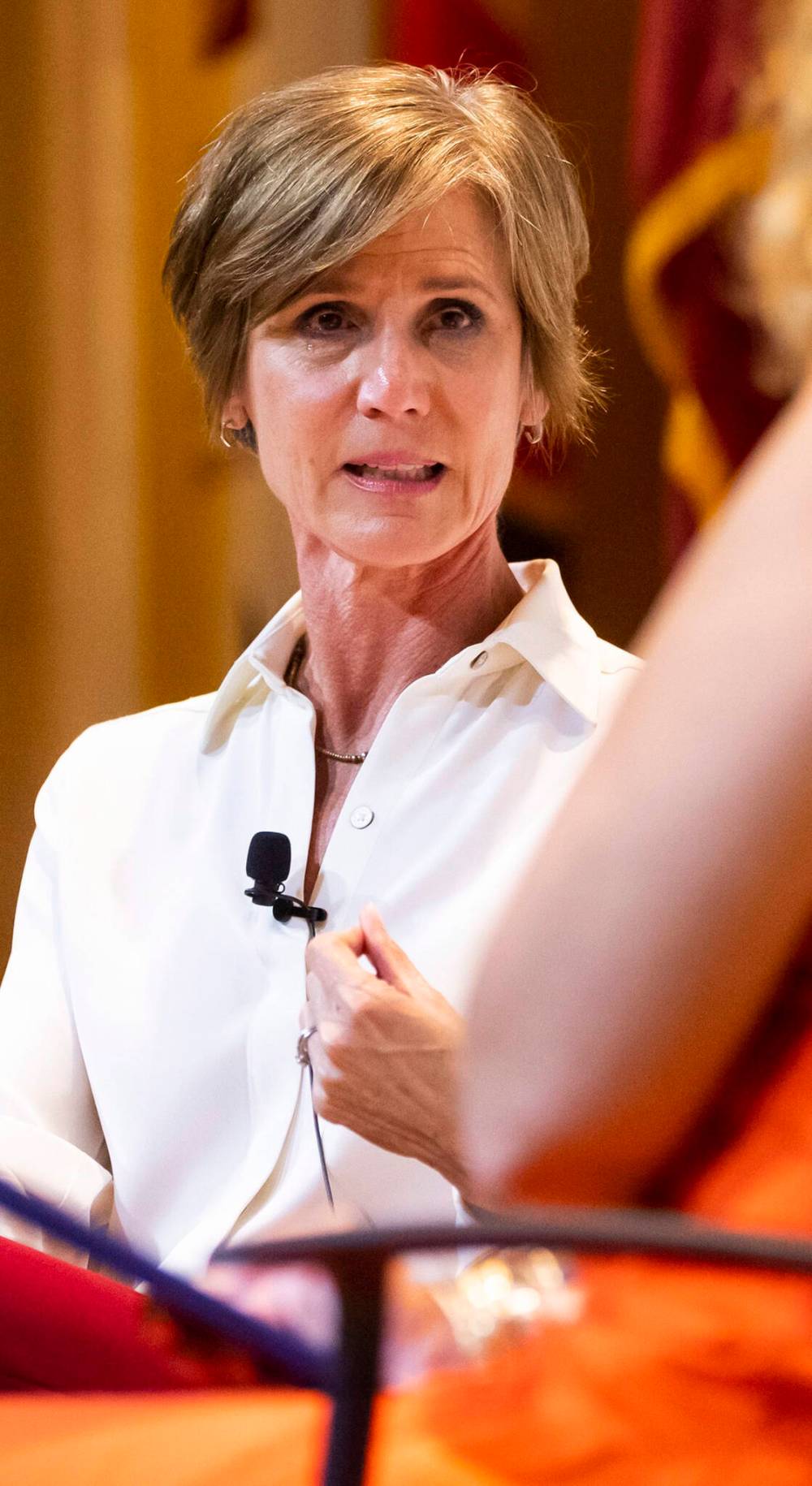Entitlement, neglect infect many elite sports
Advertisement
Read this article for free:
or
Already have an account? Log in here »
To continue reading, please subscribe:
Monthly Digital Subscription
$0 for the first 4 weeks*
- Enjoy unlimited reading on winnipegfreepress.com
- Read the E-Edition, our digital replica newspaper
- Access News Break, our award-winning app
- Play interactive puzzles
*No charge for 4 weeks then price increases to the regular rate of $19.00 plus GST every four weeks. Offer available to new and qualified returning subscribers only. Cancel any time.
Monthly Digital Subscription
$4.75/week*
- Enjoy unlimited reading on winnipegfreepress.com
- Read the E-Edition, our digital replica newspaper
- Access News Break, our award-winning app
- Play interactive puzzles
*Billed as $19 plus GST every four weeks. Cancel any time.
To continue reading, please subscribe:
Add Free Press access to your Brandon Sun subscription for only an additional
$1 for the first 4 weeks*
*Your next subscription payment will increase by $1.00 and you will be charged $16.99 plus GST for four weeks. After four weeks, your payment will increase to $23.99 plus GST every four weeks.
Read unlimited articles for free today:
or
Already have an account? Log in here »
Hey there, time traveller!
This article was published 26/12/2022 (1081 days ago), so information in it may no longer be current.
“Inattentiveness, neglect and concealment allow misconduct to fester.”
One might expect this quote is yet another biting indictment of Hockey Canada. And for good reason: following revelations it covered up sexual assaults allegedly committed by some of the country’s best young players, Canada’s national governing body for hockey has demonstrated abundant quantities of all those woeful qualities.
However, in this instance, the criticism is being levelled at the National Women’s Soccer League, America’s premier professional women’s soccer organization.

John Amis/AP Images
Former deputy U.S. attorney general Sally Yates
The indictment stems from a report issued this month after a joint investigation by the league and the NWSL Player’s Association into reports of sexual coercion and harassment by coaches. The investigation found sexual misconduct was rampant at the league’s 12 teams and, in fact, incidents of misconduct were occurring even after it was publicly announced that an investigation was under way.
Echoing concerns Canadians have about hockey, former deputy U.S. attorney general Sally Yates wrote in the investigation’s final report that sexual abuse “is rooted in a deeper culture in women’s soccer, beginning in youth leagues, that normalizes verbally abusive coaching and blurs boundaries between coaches and players.”
If you’ve been following the Hockey Canada story, such comments are likely all too familiar.
This is not a defence of the transgressions committed at Hockey Canada. However, the NWSL report — and similar investigations of near-identical problems in a range of high-level sports — should be cause to ask whether the problem is of a much broader nature. Perhaps we are looking at a deeply flawed culture and mindset around all high-level sports.
The evidence is rather compelling. In the last five years alone, multiple high-level sporting organizations in Canada — including those overseeing bobsleigh/skeleton, wrestling, alpine skiing, gymnastics and track and field — have been rocked by allegations of sexual misconduct, including sexual assault, and abusive coaching practices.
In response to some of these stories, AthletesCAN — a national advocacy group for high-level athletes — did a survey that found two-thirds of current and three-quarters of former elite-level athletes had been subjected to deliberate neglect, and/or emotional distress. A remarkable 20 per cent — one in five respondents — said they were victims of sexual abuse or harassment.
These incidents and the survey results suggest many top-level sports have developed a culture in which the line between appropriate and inappropriate behaviour — both on and off the playing surface — has been blurred, if not completely erased.
What’s the origin of this toxic culture? Most investigations indicate influences away from the sport are just as important as the conditions the athletes face once they have achieved top-level status. It is not hard to imagine the toxicity and willingness to abuse and exploit finds its origins in parental and societal attitudes toward youth sports and athletes.
Many parents today — at least, those with the financial means — spend great sums to push their children to become more serious and more engaged in a particular athletic endeavour much earlier in their lives. Any child who demonstrates even a modicum of talent in a particular sport is likely to be pushed to train year-round.
For the precious few who do make it to the top of their sports, that “at all costs” mindset might seem justified, leaving the athletes, coaches and governing officials involved with the mistaken impression they are beyond the confines of common sense and decency. Athletes end up exploiting others in the same way the adults in their lives have exploited them.
All sports governing bodies need to take steps to address the toxic behaviours they have cultivated. And they need to do it now.

